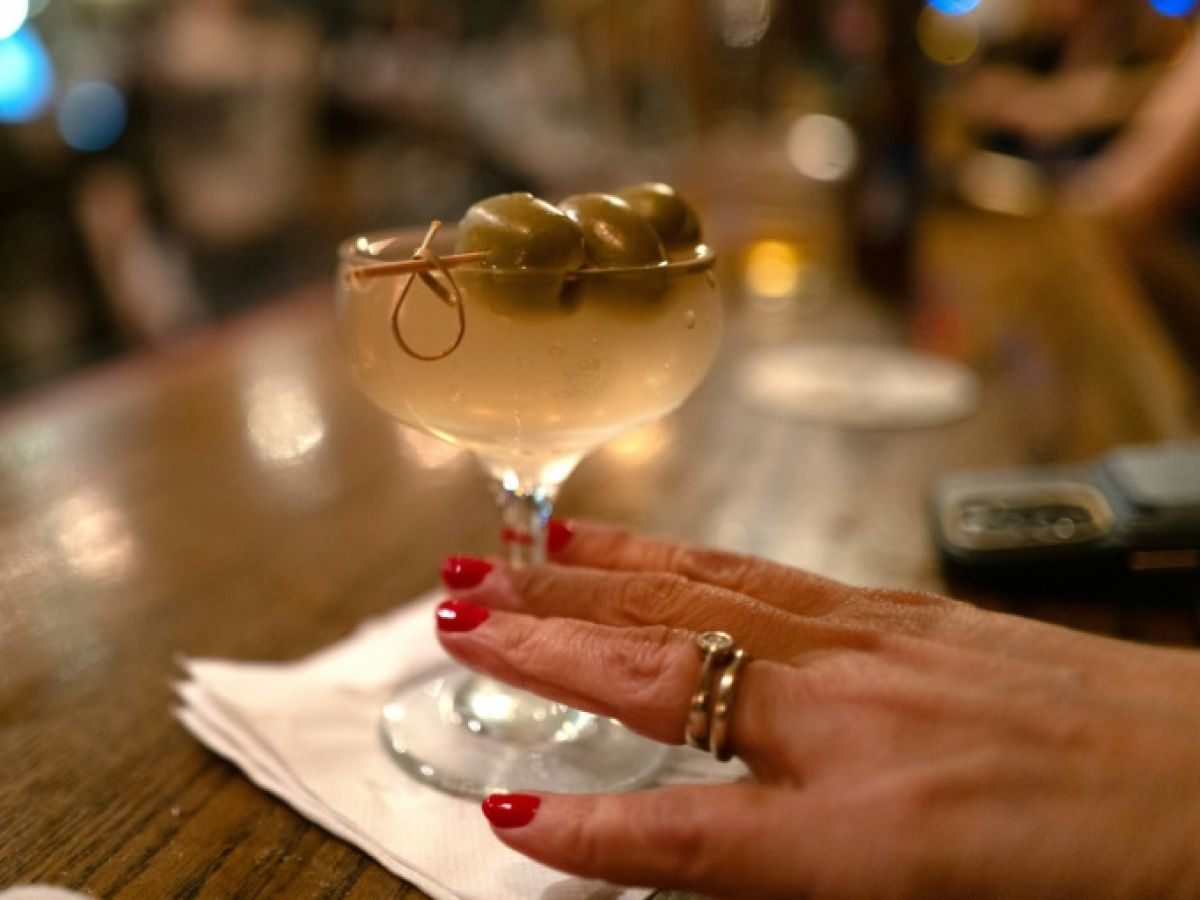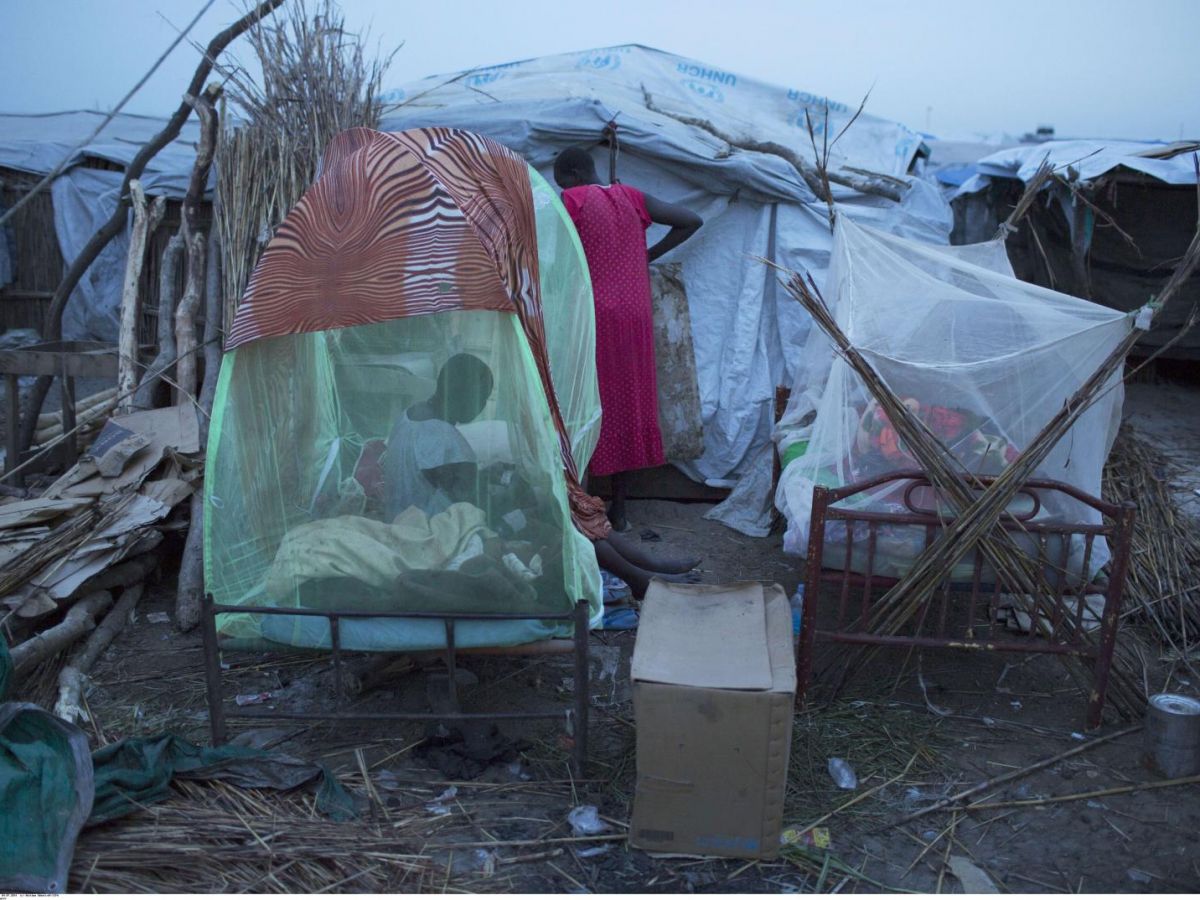"In consultations, women often don't ask about the most obvious risk factors, such as alcohol, but about deodorants or bras, which they have heard about on social media. However, these are not the ones that have been scientifically proven," Emmanuelle Mouret-Fourme, an oncogeneticist at the Curie Institute, told AFP. However, "More than 50 studies highlight the link between alcohol consumption and breast cancer," she emphasizes.
"Alcohol is an endocrine disruptor, it's really one of the biggest risk factors there is, ahead of obesity," explains Suzette Delaloge, an oncologist specializing in breast cancer. However, "It's really hard to believe that drinking alcohol increases the risk of breast cancer. It's not very intuitive, and people have a hard time buying into it.", she admits.
A direct link established for seven cancers
The pioneering program of the Gustave-Roussy Institute that she supervises, Interception, offers personalized prevention to women at "increased risk" breast cancer (family genetics, etc.) with comprehensive support, including nutritional support, including alcohol. A direct link between alcohol consumption and cancer has been established for seven cancers, including breast cancer: those of the colon-rectum, esophagus, liver, oral cavity, pharynx, and larynx. All alcoholic beverages are concerned: beer, wine, spirits.
"We often think that it is when alcohol goes down the digestive tract that it is dangerous," notes Emmanuel Ricard, spokesperson for the League Against Cancer. However “It spreads through the blood and affects all organs.”
Once ingested, alcohol is metabolized, and ethanol (pure alcohol) produces acetaldehyde, a toxic compound that can damage breast cell DNA. In addition, alcohol disrupts hormonal balance, particularly estrogen levels, which play a crucial role in cancer cell proliferation.
Read alsoWomen and men are not equal when it comes to alcohol, warn health authorities
“A deeply taboo question”
Gold "If, for liver cancer, it is considered risky to consume three to four standard glasses per day, there is a very high sensitivity for breast cancer: one glass per day is enough.", explains Mr. Ricard.

In February, the French National Authority for Health warned of women's increased vulnerability to alcohol: it causes more serious and rapid damage—or specific damage, such as breast cancer—in women than in men. These risks must be better assessed and medically supported, it recommended.
Ten years ago, after her breast cancer diagnosis, Laure Guéroult-Accolas founded Patients en réseau, a platform that makes daily life easier for patients and their loved ones. "We created discussion groups on sexuality, tobacco, work... And not alcohol! It's a deeply taboo subject," she exposes.
Among the network's patients, Yannick, 62, was recently surprised, after a scuba dive with other ex-patients, to see them uncorking a beer once they got out of the water. "They claimed it was indicated because it was 'remineralizing'. When I doubted it, I was thrown out.", she reports.
Read alsoWhy are cancer cases increasing more and more among those under 50?
France has the highest incidence of breast cancer in the world
Young women in particular are not necessarily aware of the risks of their consumption, which is trivialized – in defiance of the 1991 Evin law – by influencers on social networks, according to a report by Addiction France, which identified 11,300 pieces of content promoting alcohol from 2021 to 2024.
"I have two daughters: ever since she was a young adult, the eldest has been partying with her friends and they drink like crazy," says Ms. Guéroult-Accolas. According to the World Health Organization, many other factors increase the risk of breast cancer: age, obesity, family history, radiation exposure, gynecological history, smoking, certain menopausal hormone treatments, etc.
But one in two breast cancer cases affects a woman who is not affected by the identified risks, and other factors need to be explored, such as night work, pollution, processed foods, and endocrine disruptors in cosmetics, among others. With 105.4 cases per 100,000 inhabitants in mainland France, France has the highest incidence of breast cancer in the world. If detected early, a woman is cured in 9 out of 10 cases.


